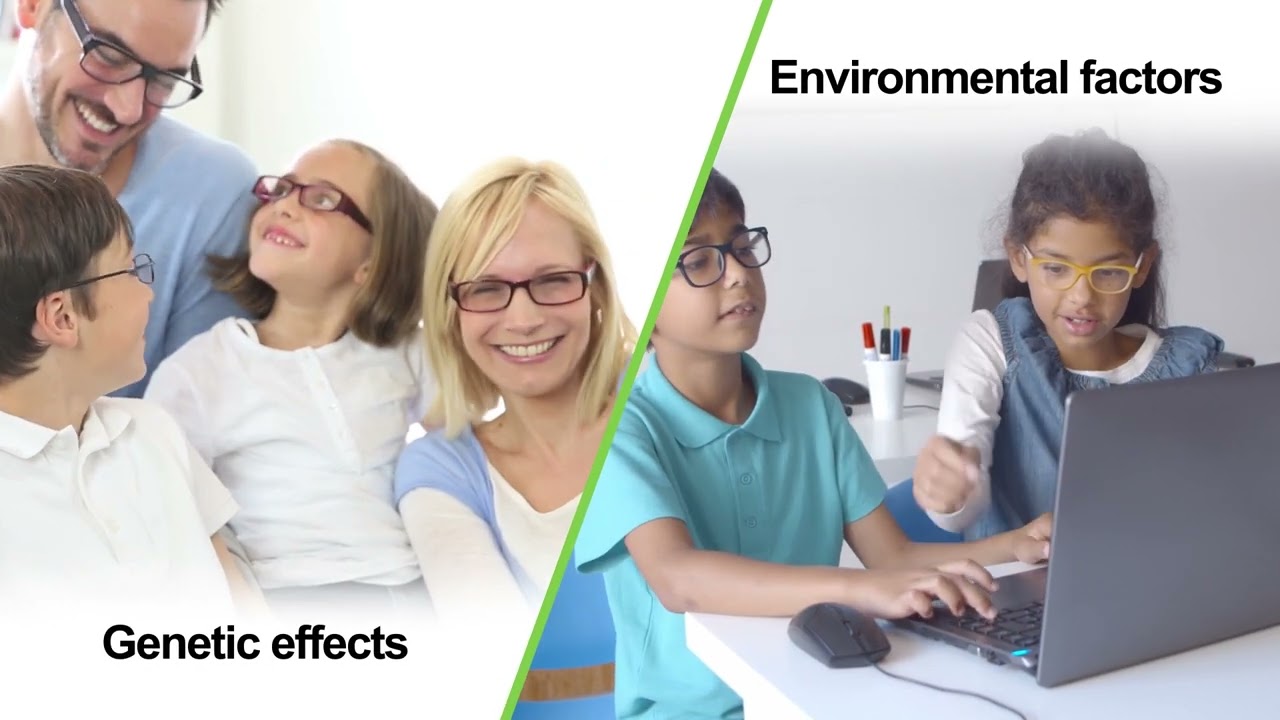Kubota Vision conducted a clinical study in early 2020 with an electronic tabletop optical projection device (A) that embodied Kubota Glass technology. The company monitored the effect of the application of a myopically-defocused stimulus on the retina on axial length in 12 subjects of aged 21 to 32 years (7 Asian, 4 White, and 1 Hispanic subjects; 9 males and 3 females) with spherical refractive error of -3.5D〜0.0D. The results of the study demonstrated that axial length decreases with the application of projected myopically-defocused images in the test eye compared to the control eye, which has not been reported in the literature. The company also completed a successful proof-of-concept (POC) clinical study to validate the concept of a wearable myopia-control device based on Kubota Glass technology (B) in August 2020. Based on these results, the company has completed the first spectacle-style wearable prototype based on Kubota Glass technology (C).
Kubota Vision continues to advance its program. Further clinical studies will be conducted to verify the changes in axial length induced by myopically-defocused virtual image projection over a longer period of time. The company is also working on product design improvements and plans additional clinical studies for regulatory approvals.
Kubota Vision is also planning to use the Kubota Glass technology to develop smart contact lenses for the reduction of myopia progression. The development plan for a smart contact lens with Kubota Glass technology will be disclosed as the project progresses. The company envisions applications of Kubota Glass technology in augmented reality (AR) devices and virtual reality (VR) devices to protect children’s vision through myopia treatment.



Comments